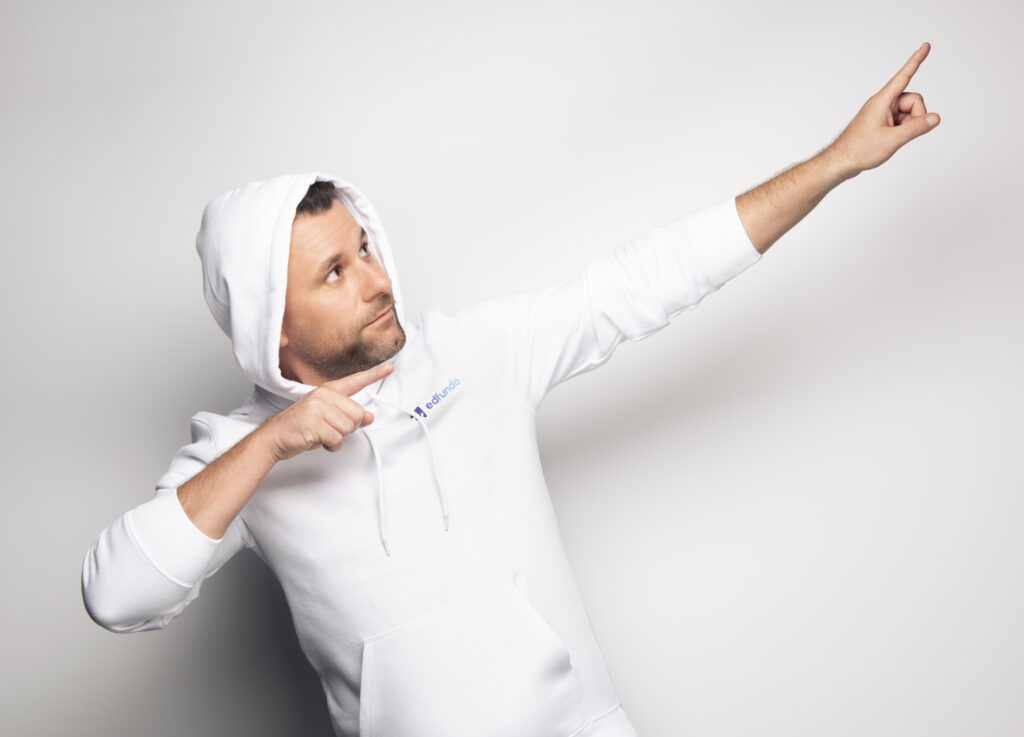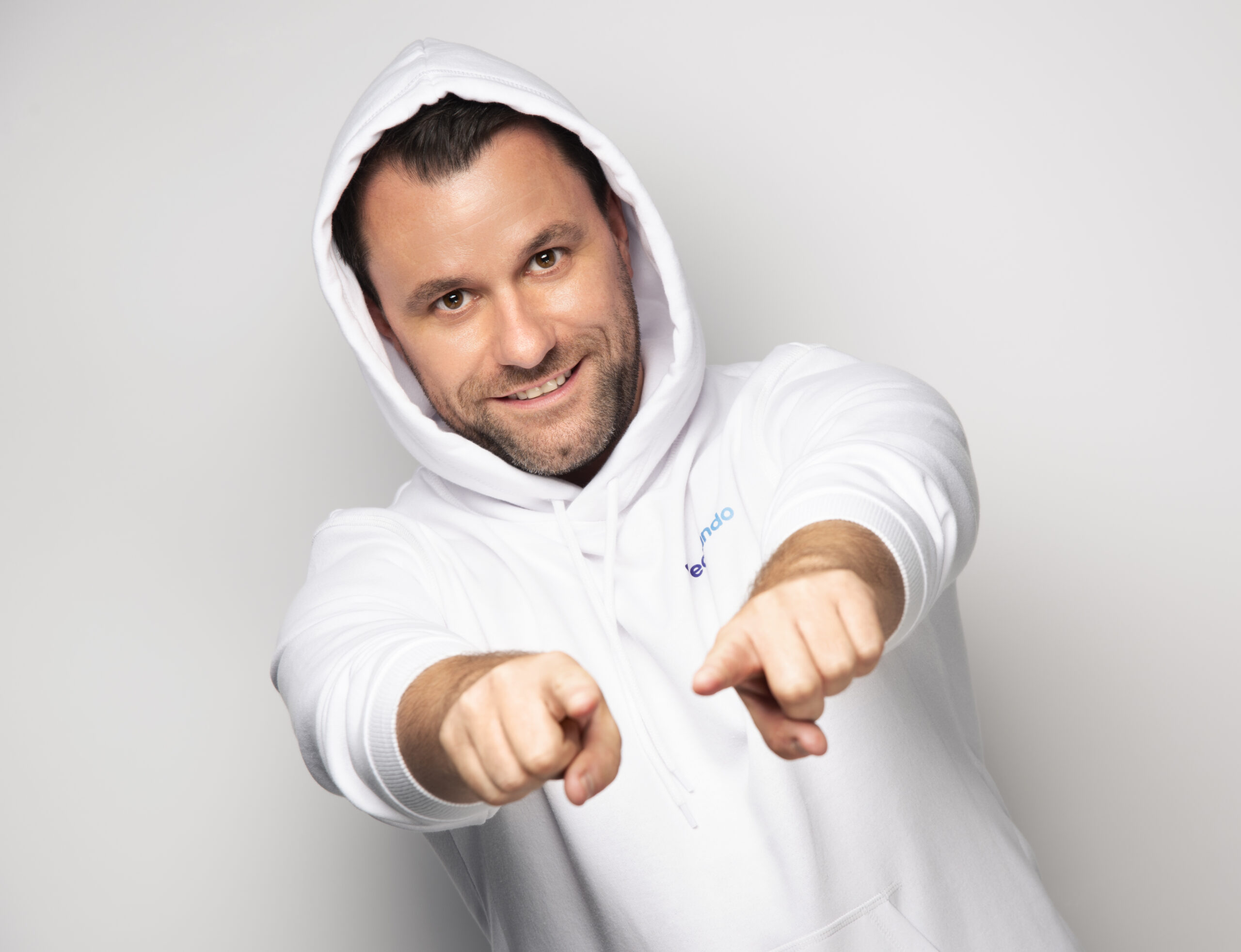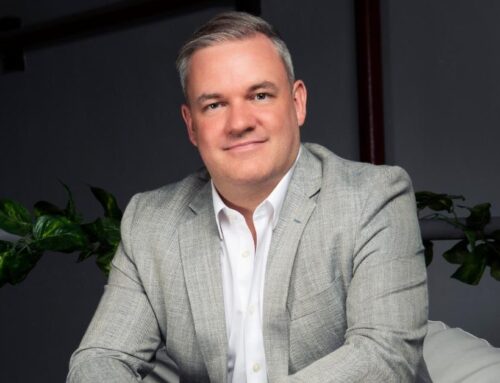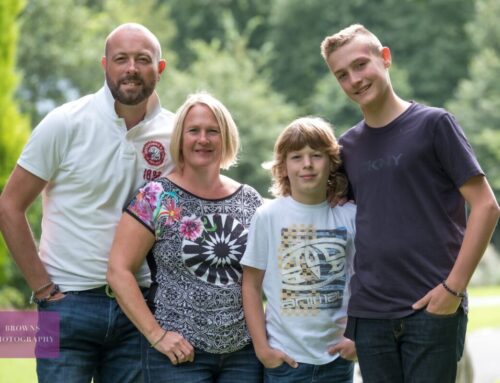In the words of Andrew Toward, Edfundo’s co-founder, a parent of two, and a teacher.

As a co-founder of Edfundo you would expect me to push for increased efforts to plug the financial literacy gap among our youth, after all this is the founding ethos of our first smart money management app for teens and tweens (set to launch in the New Year).
Yet there is a pressing social need to ensure that our youth are money-smart as they enter adulthood – and that is good mental health.
There are several studies, including some from the World Health Organization, that demonstrate a cyclical link between financial worries and mental health problems such as depression and anxiety brought on by lack of sleep etc.
Once people suffer from poor mental health, their financial decision-making worsens, and they fall further into the mental health trap.
If we nurture our youth as financial literate, we are also setting them up for a greater chance of mental wellbeing and deliver a huge benefit to society.
When you consider that in a typical country, presently one in five people suffers from a mental illness – the great majority from depression or crippling anxiety. Indeed, mental illness accounts for half of all illness up to age 45 in economically advanced countries, making it the most prevalent disease among working-age people. Once you realise this the impact it has on healthcare provision, on lost working production time and national wealth all kicks into play.
Financial literacy then is essential for personal and national wellbeing.
We also need to ensure that our youth are not left behind in the journey towards the cashless, digital financial society.
Currently youngsters are unbanked – they cannot open a personal bank account until they are 18+ and thus their actual financial decision-making is limited.
Even though financial literacy is part of the national curriculum in the UAE and elsewhere around the globe, it is not a dedicated subject and is embedded into other subjects and therefore is often ignored or overshadowed.
As teachers, and parents, my co-founder and I realized that this not only puts younger generations at risk of poor mental health but of poverty in financial decision-making and this is a societal concern as most nations within the Middle East and North Africa region envision migrating to cashless societies by 2030.
Now’s the time to include our youth in the transformations which are altering the personal financial landscape.
The digital economy – 4IR – is here and now and has been accelerated by the COVID-19 pandemic with a huge flight from cash to digital payments, many retailers are no longer accepting cash.
Despite these pressing, and rather obvious rationales, little is still being done to educate our young to be money smart which is the guiding ethos of Edfundo.
Even before our 2022 launch we are working with schools in the region to rectify the issue through dedicated workshops and seminars.
As they evolve rapidly the features on our Edfundo app, which is aimed at teens and tweens from 8- to 18-years but with strict parental controls, will be highly interactive, and fun, with gamification elements enabling youngsters to learn money management by ‘doing,’ and our app and website will carry rich and engaging content where users can learn a range of good financial habits from budgeting to investing.
The app will educate the young on the value of money – by being rewarded for assigned chores completed or through parents’ giving interest on savings – it will give parents and their children a great tracking tool for how and where money is being spent and make youngsters more budget-friendly clarifying the difference between ‘want’ and ‘need.’
Of course, Edfundo is a business – but it’s a business underpinned by a strong social conscience and a desire to ensure our young are not left behind in the digital economy transition and enter adulthood with far more financial knowledge that perhaps their parents did!
Please get in touch [email protected]



